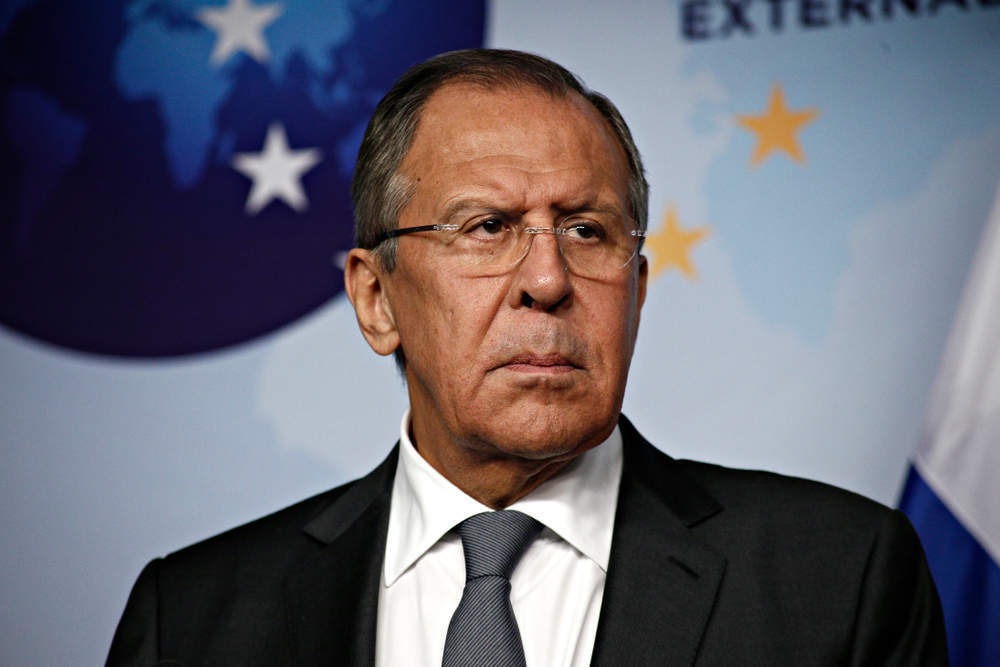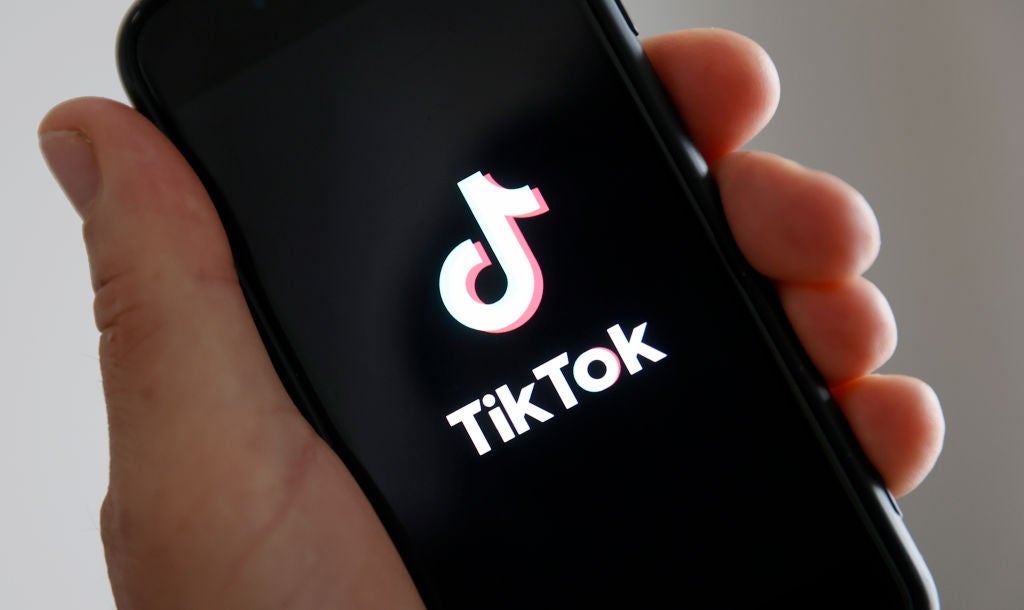
Russian officials have suggested relations between the country and the west are now similar to, or worse than, during the Cold War.
Tensions between Russia and the UK have been running high since the poisoning of the former double-agent Sergei Skripal and his daughter in Salisbury in early March.
Speaking yesterday at a security conference in Moscow, Sergei Naryshkin, the foreign intelligence chief, said that the actions of the US administration against Russia had worsened diplomatic relations.
Naryshkin said:
Washington has become fixated with the fight against a non-existent, so-called Russian threat. This has reached such proportions and acquired such absurd characteristics that it’s possible to speak of a return to the dark times of the Cold War.
Naryshkin echoed comments made by Sergei Lavrov (pictured), the foreign minister, in Moscow on Monday.
How well do you really know your competitors?
Access the most comprehensive Company Profiles on the market, powered by GlobalData. Save hours of research. Gain competitive edge.

Thank you!
Your download email will arrive shortly
Not ready to buy yet? Download a free sample
We are confident about the unique quality of our Company Profiles. However, we want you to make the most beneficial decision for your business, so we offer a free sample that you can download by submitting the below form
By GlobalDataLavrov said:
[There is] a lot of talk about a Cold War, about the situation being worse than it was during the classic Cold War, because then there were some rules, and some decency was observed.
Like Naryshkin, Lavrov blamed the West’s actions entirely for escalating tensions. He said:
I believe that our western partners, I mean primarily the United Kingdom, the United States and some countries that blindly follow them, have cast away all decency, they are resorting to open lies, blatant misinformation.
Lavrov suggested that the UK’s secret services could have been involved in the attack on Skripal, which he claimed could have been meant to distract attention from Brexit.
Alexander Grushko, the deputy foreign minister, who called the poisoning a “provocation arranged by Britain” because “they need a major enemy”.
Also adding his voice to the fray was retired lieutenant general Evgeny Buzhinsky, who told BBC Radio 4’s Today programme:
It’s worse than the Cold War because if the situation will develop in the way it is now I’m afraid it will end up in a very, very bad outcome.
He said the threat was of “a real war, worse than the cold war is a real war, the last war in the history of mankind”. He also accused the West, saying: “Actually you are cornering Russia, and to corner Russia is a very dangerous thing.”
Downing Street called for a measured response to the Russian reaction.
A spokesman said:
We need to respond in a proportionate way to this aggressive behaviour from Russia and that’s what we’re doing.
As the prime minister has made clear, the UK would much rather have in Russia a constructive partner ready to play by the rules.
But this attack in Salisbury was part of a pattern of increasingly aggressive Russian behaviour, as well as a new and dangerous phase in Russian activity within the continent and beyond.
As the prime minister has said, we must face the facts, and the challenge of Russia is one that will endure for years to come.
The UK’s Prime Minister Theresa May will visit Denmark and Sweden next week and international security in relation to Russia is expected to be the subject of many of her meetings.
Yesterday, experts at the Porton Down defence laboratory near Salisbury announced that they could not definitively say that the nerve agent used to poison the Skripals came from Russia.
Scientists at the government’s Defence Science and Technology Laboratory said that they identified the poison as a military-grade novichok nerve agent and, while this could probably be deployed only by a nation state, it was impossible to identify the source as any specific country.
Gary Aitkenhead, the lab’s chief executive, said:
We were able to identify it as novichok, to identify it was a military-grade nerve agent. We have not verified the provided the scientific information to the government, who have then used a number of other sources
The UK government swiftly collaborated the claim that the testing of the substance by Porton Down was “only one part of the intelligence picture”.
Subsequently Boris Johnson, Britain’s foreign secretary, has come under fire because of his claims that scientists had told him personally that the nerve agent came from Russia and used this to justify the British response.
A fortnight ago Johnson told German television:
When I look at the evidence, the people from Porton Down, the laboratory, they were absolutely categorical. I asked the guy myself, I said: ‘Are you sure?’ And he said: ‘There’s no doubt.’
So we have very little alternative but to take the action that we have taken.
Not all diplomatic relations are breaking down, however, as yesterday the director of Russia’s main domestic intelligence agency said that he expected international cooperation on security over the football Word Cup.
Alexander Bortnikov, head of the Federal Security Service, said:
This summer, Russia is hosting the soccer World Cup. We expect that our cooperation with the security services and law enforcement agencies of foreign governments will help protect this event from terrorist acts as effectively as in previous years.




